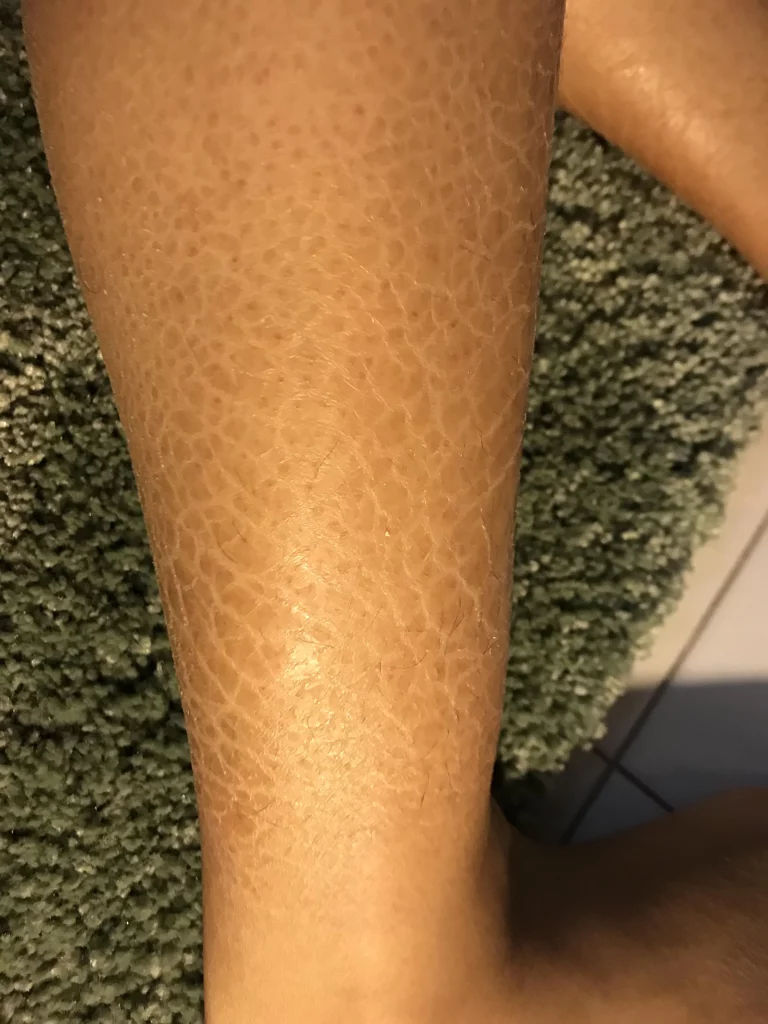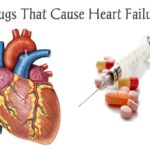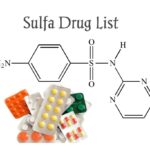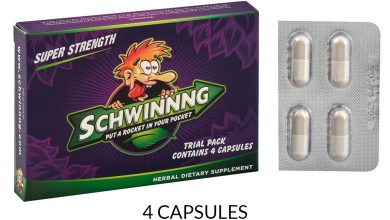List of Drugs That Causes Alligator Skin (Ichthyosis vulgaris)

What is alligator skin?
Alligator skin is the nickname for Ichthyosis vulgaris, an inherited or acquired skin condition that occurs when the skin doesn’t shed its dead skin cells. This causes dry, dead skin cells to accumulate in patches on the surface of the skin. It’s also known as “fish scale disease” because the dead skin accumulates in a similar pattern to a fish’s scales.
The majority of cases are mild and confined to specific areas of the body. However, some cases are severe and cover large areas of the body, including the abdomen, back, arms, and legs.
Some medications that have been reported to trigger or worsen symptoms of ichthyosis vulgaris include:
- Retinoids: Retinoids, which are derived from vitamin A, are commonly used to treat acne, psoriasis, and other skin conditions. However, they can also cause skin dryness and scaling, which may worsen symptoms of ichthyosis vulgaris.
- Lithium: Lithium is a medication used to treat bipolar disorder and other mental health conditions. It can cause skin dryness and scaling, which may worsen symptoms of ichthyosis vulgaris.
- Chloroquine: Chloroquine is a medication used to treat malaria and other parasitic infections. It has been reported to worsen symptoms of ichthyosis vulgaris in some cases.
- Etretinate: Etretinate is a medication derived from vitamin A that was once used to treat psoriasis and other skin conditions. It is no longer used in the United States, but may still be used in other countries. It can cause skin dryness and scaling, which may worsen symptoms of ichthyosis vulgaris.
- Isotretinoin: This oral medication is commonly used to treat severe acne but can worsen ichthyosis vulgaris symptoms.
- Acitretin: Acitretin is an oral medication used to treat psoriasis and other skin conditions, but it can also make ichthyosis vulgaris worse.
- Tazarotene: This topical medication is used to treat acne and psoriasis but can cause excessive dryness and scaling in people with ichthyosis vulgaris.
- Calcipotriene: Calcipotriene is a topical medication used to treat psoriasis, but it can also exacerbate the symptoms of ichthyosis vulgaris.
- Urea: Topical creams containing urea are often used to soften and moisturize dry, scaly skin, but they can be too harsh for people with ichthyosis vulgaris.
- Salicylic acid: As mentioned earlier, salicylic acid can be drying and irritating to the skin, making ichthyosis vulgaris symptoms worse.
- Glycolic acid: This alpha-hydroxy acid is used in many skin care products to exfoliate and improve skin texture, but it can cause excessive dryness and scaling in people with ichthyosis vulgaris.
- Lactic acid: Like glycolic acid, lactic acid is an alpha-hydroxy acid commonly used in skin care products. However, it can also exacerbate ichthyosis vulgaris symptoms.
- Benzoyl peroxide: This topical medication is used to treat acne, but it can be irritating to the skin and worsen ichthyosis vulgaris symptoms.
- Coal tar: Coal tar is a topical medication used to treat psoriasis, but it can be too harsh for people with ichthyosis vulgaris.
- Hydrocortisone: This topical corticosteroid is often used to treat skin inflammation, but it can thin the skin and worsen ichthyosis vulgaris symptoms over time.
It is important to note that the use of any medication should be discussed with a healthcare provider, especially for those with pre-existing skin conditions such as ichthyosis vulgaris. They can advise on the appropriate treatment plan, including medication options and potential side effects.

What is the treatment of ichthyosis vulgaris?
Treatment aims to reduce dryness, scaling, splitting, and thickening of the skin. This is achieved with exfoliation and moisturizing on a regular, daily basis.
Treatments to keep the skin hydrated
Apply emollients with high lipid content, such as lanolin cream (a sebum-like substance derived from wool-bearing animals).
Treatments to reduce the scale
• Bathe in salt water.
• Apply creams or lotions containing salicylic acid, glycolic acid, lactic acid, or urea to exfoliate and moisturize skin. These may irritate active eczema.
• Oral retinoids such as acitretin or isotretinoin can be prescribed in severe cases.
General tips
• Apply lotions and creams to damp skin to trap moisture (within 3 minutes of showering or bathing).
• Lotion and creams can be kept under occlusion for 1 or 2 hours with a cling-film wrap to enhance skin hydration.
• Gently rub a pumice stone on wet skin to help remove thickened crusty skin.
• Brush washed hair to remove scales from the scalp.





